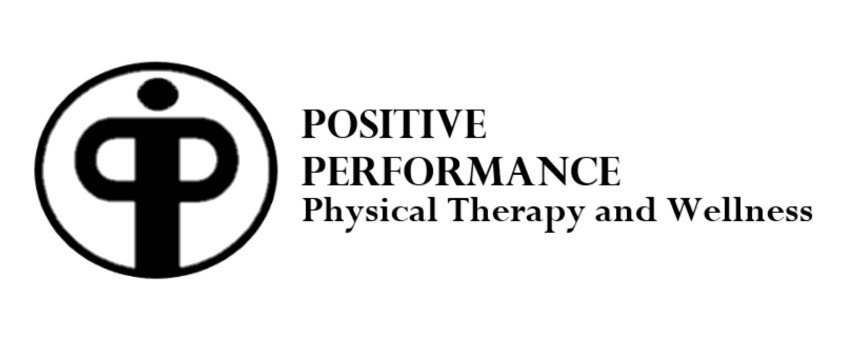No. 1 Derailer of Health
We can be doing everything else can be going “right”- eating healthy, exercising- but if you live in a chronic stress environment, that space will create disease all by itself. Our body knows us better than we know ourselves. Stress and overwhelm are things we can’t hide behind an optimal diet or even regular exercise. Our ability to deal with stress is the biggest predictor of health and longevity.
Stress has historically kept us alive as a species, but unfortunately in our modern society, many of us have a stress problem. We have demands and deadlines, or maybe we are holding onto the past through ruminating thoughts or grudges, or maybe we are bogged down by the weight of the world or politics. We get stuck in a sympathetic dominant or a chronic stress state, which increases our stress hormones (cortisol and adrenaline) and our blood sugar. This leads to increased oxidative stress and inflammation in our cells. It can manifest itself as anything from brain fog to joint pain, eczema to dry mouth, constipation to acid reflux, sexual dysfunction to infertility, insomnia to high resting heart rate; and when stress is prolonged, it can lead to disease - heart disease, depression/anxiety, cancer, dementia, Alzheimer’s, diabetes…
It is important for us to create a space in our lives to develop a practice of pausing and relaxing the body. This is important at any age. Self care can be as simple as focusing on our breath. When we take slow, deep breathes, we stimulate our vagus nerve, which boosts brain function and deactivates our stress hormones. Combining breathing with meditation or prayer creates gratitude and diverts our attention to what is good and joyful. It reminds us that we are enough and that we have enough.
Getting out in nature is one of the most powerful ways of decreasing stress and directly regulates cortisol. We are connected to the Earth and we benefit inside and out from walking through a forest or a field and being mindful of our environment. Doctors in New Zealand actually hand out a prescription for talking a walk in nature! It is no mystery as to why: our blood pressure decreases, stress hormones decrease, and it improves our gut microbiome.
Social interaction is important to stress reduction. We need human touch (hugs, cuddling, massage, making love, nursing a baby), this releases oxytocin, which is our hormone that promotes positive feelings. This hormone can also be released through music and exercise; it promotes relaxation, trust, and overall psychological stability. Oxytocin works hand-in-hand with our other “feel good” neurochemicals: dopamine, serotonin and norepinephrine.
Loving yourself becomes a sacred act ~ Dr. Molly Maloof, The Spark Factor
So stop overscheduling and multi-tasking. Create a time and space for prioritizing self care. When we practice caring for ourselves regularly, we are better prepared for when we do have to endure stressful moments in life. We are also able to give our selves to others as a helping hand or being part of a healthy relationship. Stress reduction is key to thriving and not just surviving, an essential tool in order to not compromise ourselves and promote disease.
